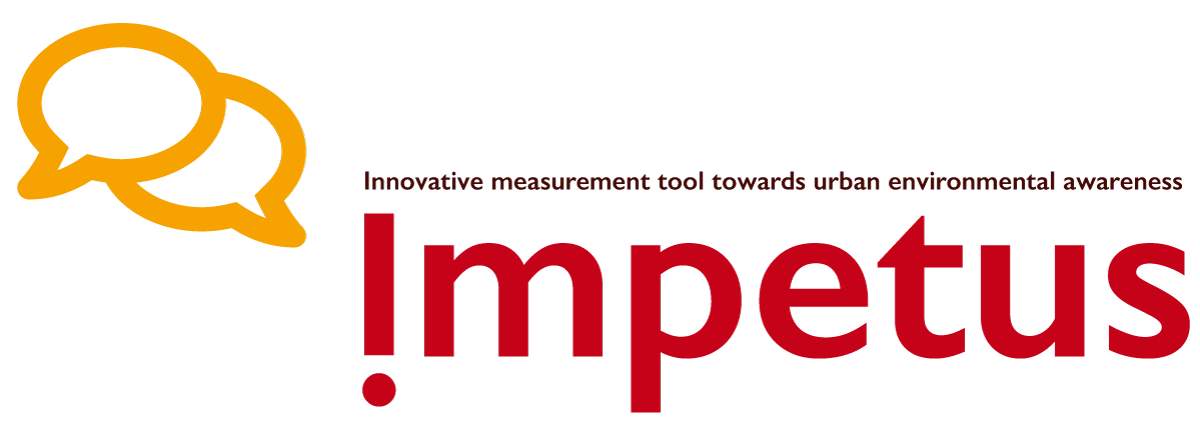In European cities the threats of climate change become crucial for city development and human safety. Even though, cities are becoming more and more experienced with new approach to local adaptation planning, there are still clear barriers such as: 1) limited availability of up-to-date data about local conditions, 2) lack of awareness and civic attitude of ignorance towards climate change and its impact on wellbeing and local conditions in our streets and neighborhoods, lack of public interest, and finally 3) lack of interdisciplinary approaches and public actions to solve local problems and the inability to select the optimal solutions from the set of alternative actions.
These barriers can be removed by introducing a new holistic, interdisciplinary approach based on a combination of technical and engineering skills, art & design and social sciences, supported with IT solutions and storytelling. The IMPETUS project – a new solution, was the succession of long term cooperation of project partners who did projects and workshops together, have a constant cooperation with different bodies engaged in climate change issues and their specific experience and knowledge in the field of climate change.
The IMPETUS project is based on holistic approach (technical, social, art, visual) supported by IT solutions to enable vulnerability assessment, to support the decision making process, enhance public participation and improve adaptation planning. The methodology will be used both for education and research purposes.
The aim of this project is to: 1. Create awareness about climate change related vulnerabilities and challenges at local level among target groups; 2. Integrate the challenges of climate change in the curricula of different faculties and disciplines of EU HEI’s to increase awareness as well as to equip students & staff with innovative methodology combining social, technical and visual ones for acquiring data about climate vulnerabilities; 3. Develop a sustainable relationship and continue an active international cooperation between the partners.
The project is dedicated to following target groups: 1) students, researchers, teaching staff of Water management, Civil and Environmental Engineering, Urban planning, Transport planning, Architecture, Arts and communication and Social sciences; 2) civil servants and decision makers; 3) experts, specialists, practitioners involved in any wide range adaptation or mitigation activities; 4) citizens of the urban areas.
The project is also supported by the international group of Associated Partners who will cooperate as an advisory board with Project Partners, but also expect the projects results to implement them into their activities and will support dissemination of the project results.
